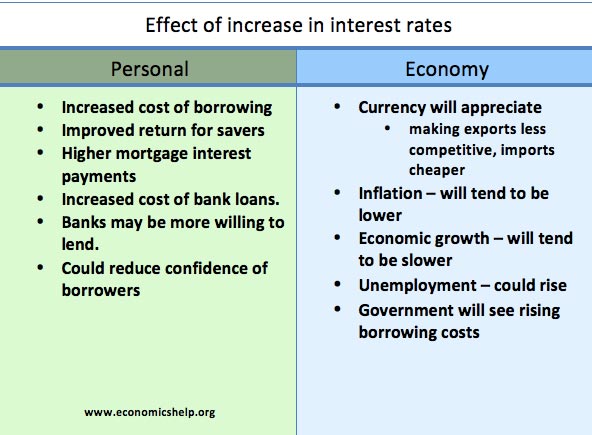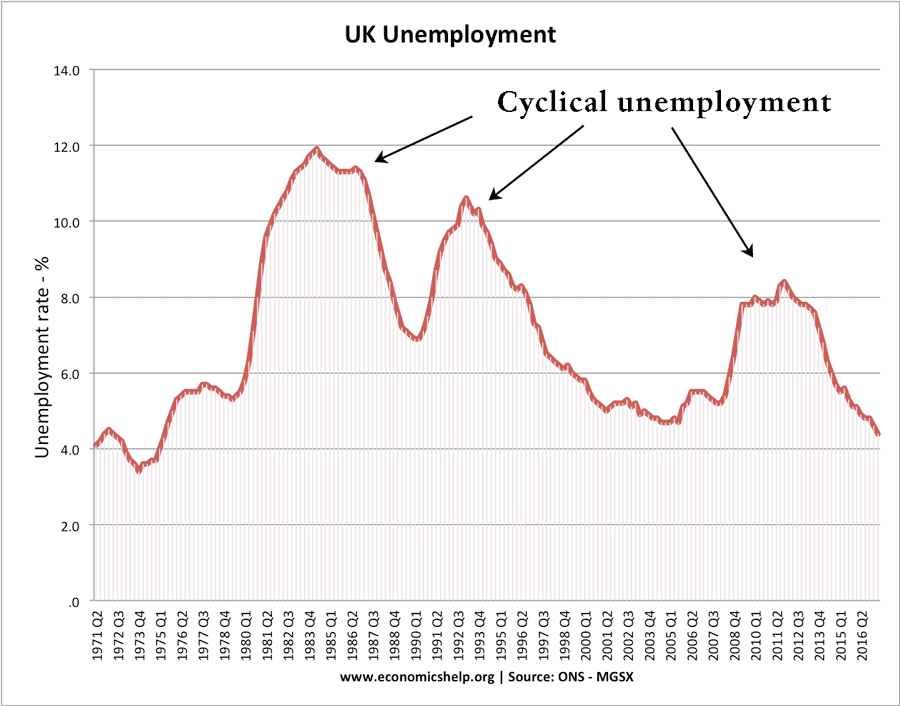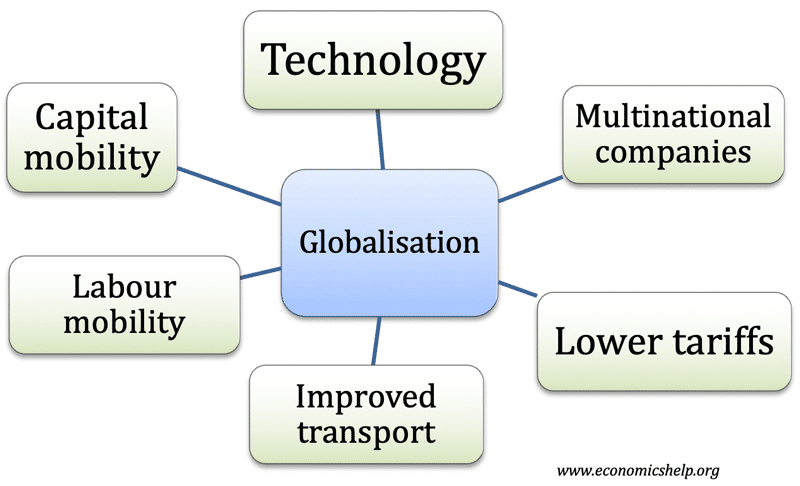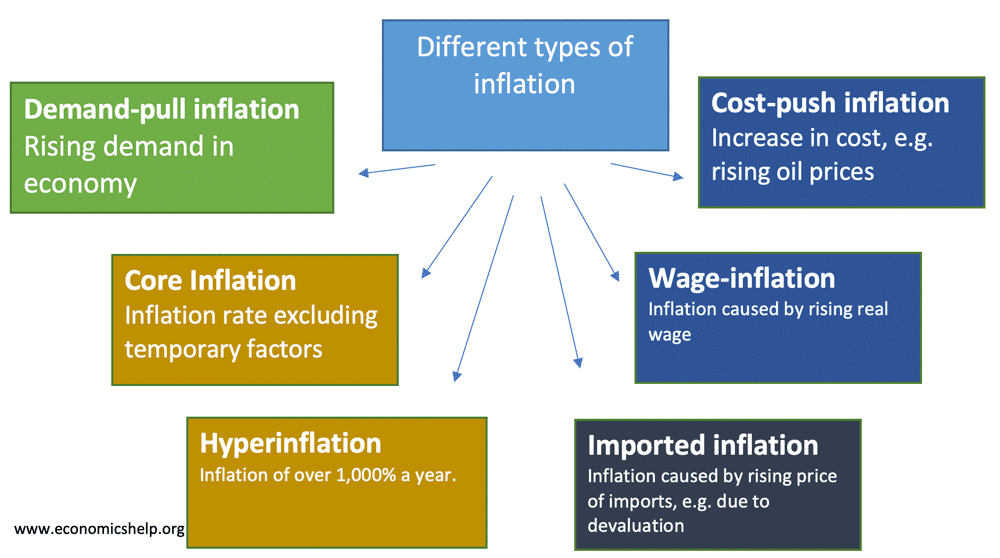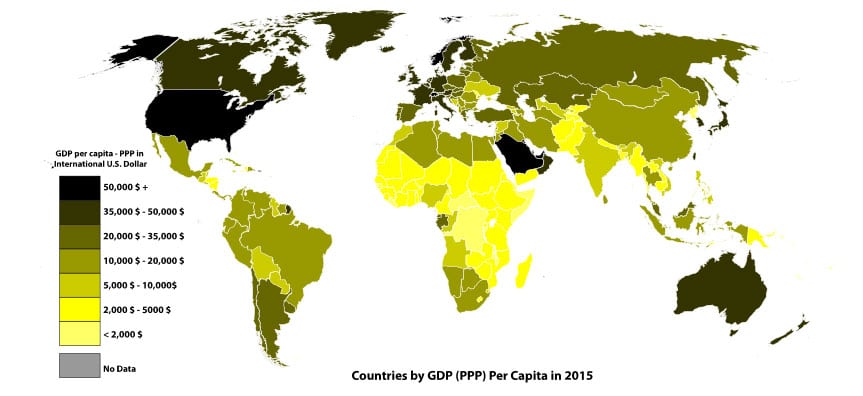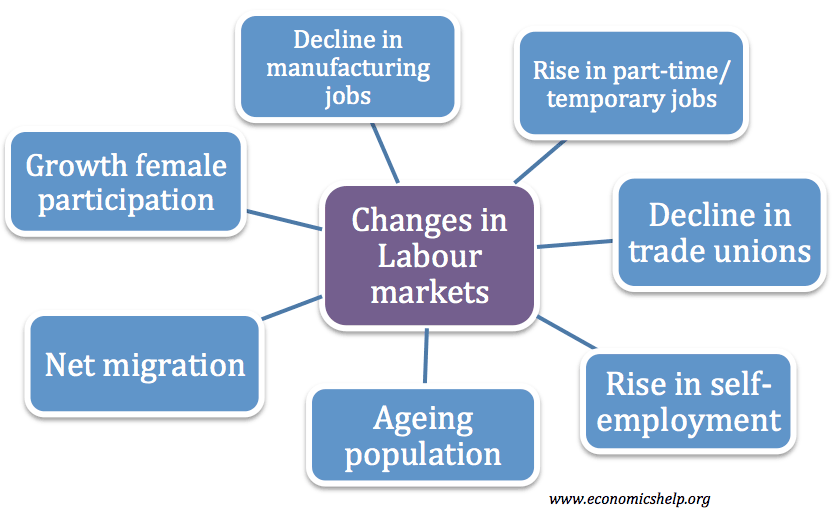Winners and losers from low interest rates
With UK interest rates close to zero, who benefits from low-interest rates? In summary, the main effects of low-interest rates are: Savers will get lower interest payments on their savings. Borrowers, especially mortgage owners will see lower interest payments on their debt, increasing discretionary income. The government can borrow from the private sector at a …

